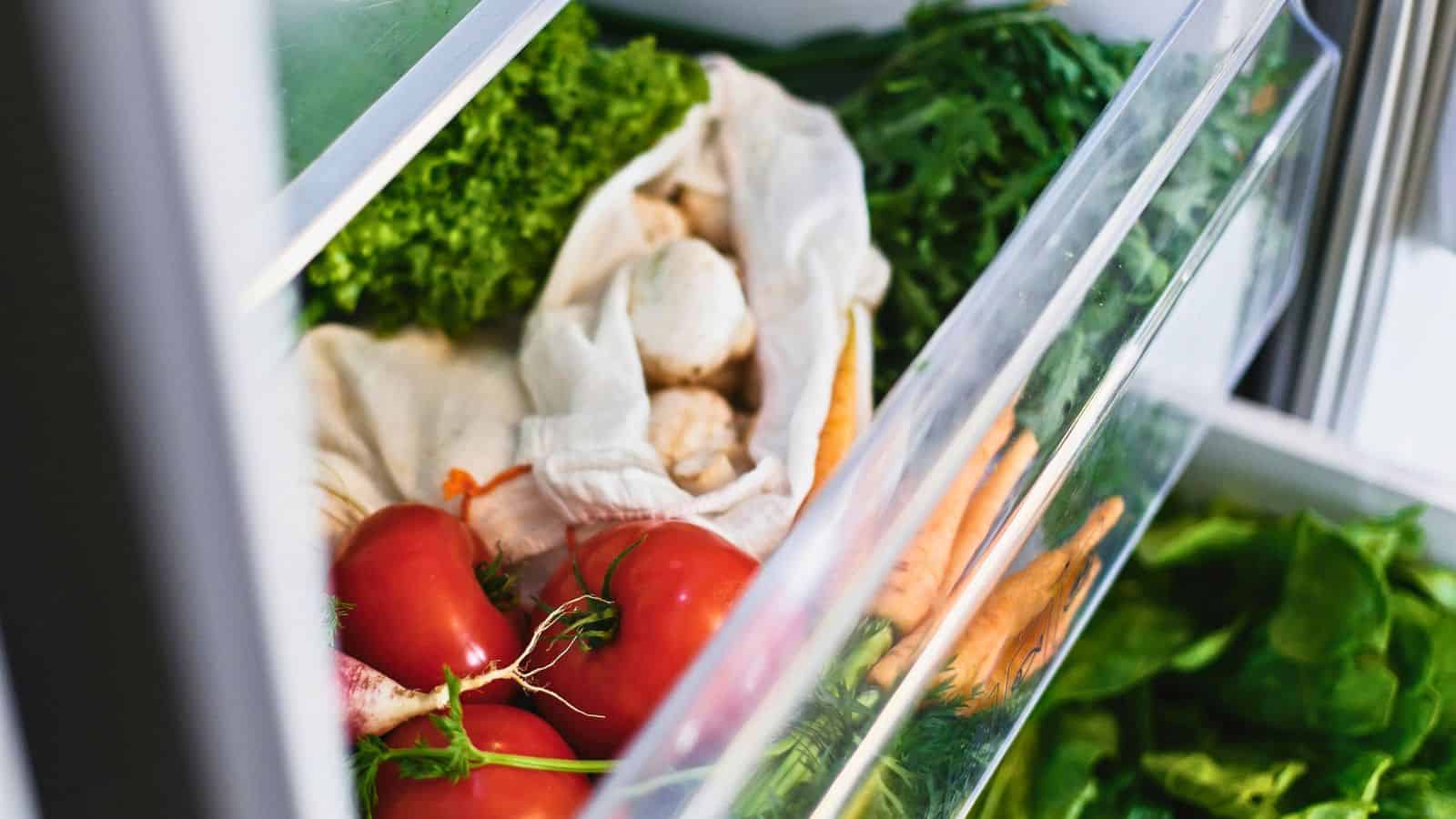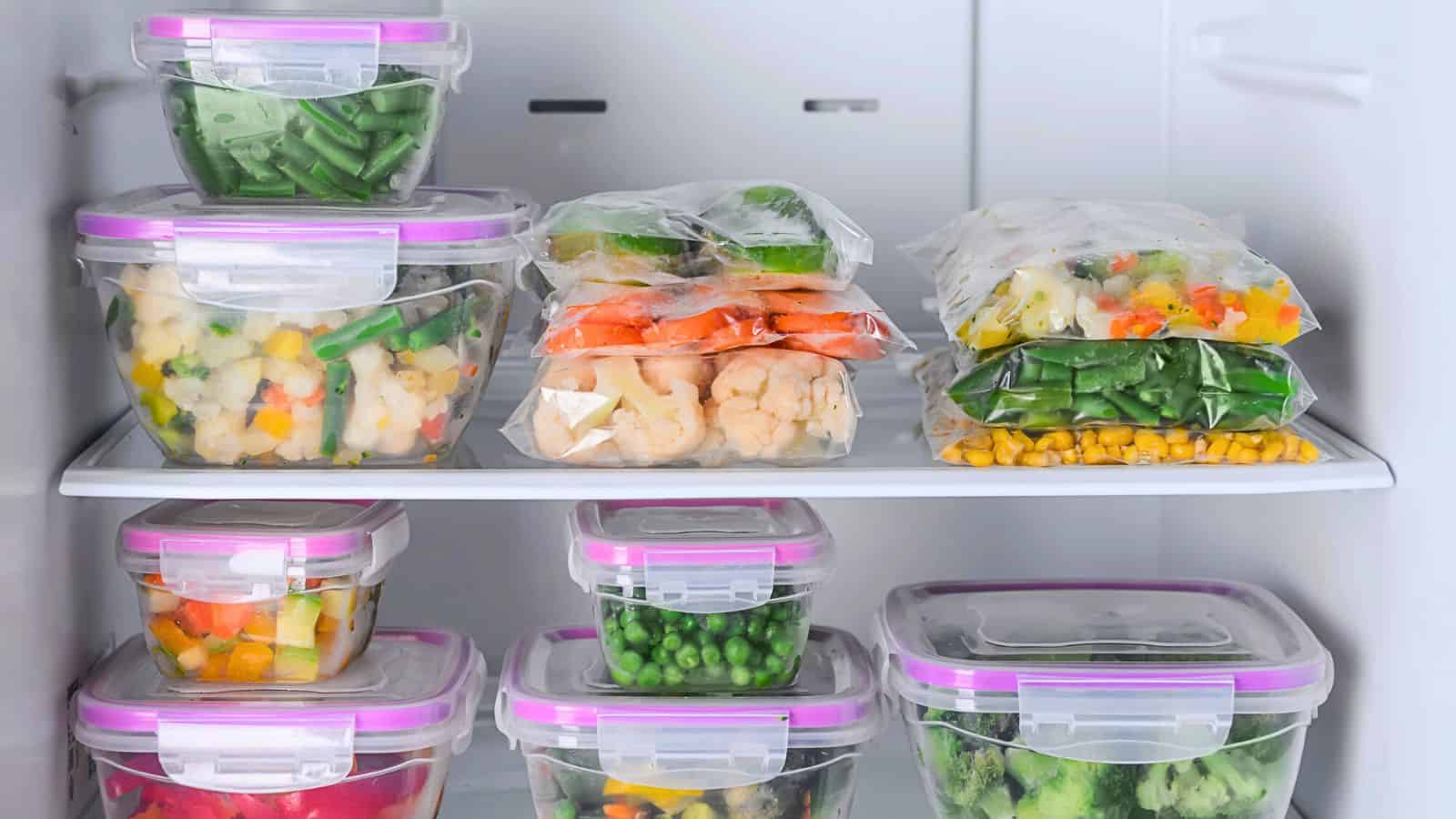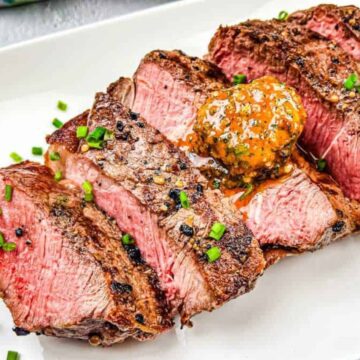Meal prepping can be a game-changer for anyone looking to simplify their week and eat healthier. With our busy lives, finding time to cook every day can be tough, and that often leads to last-minute takeout or unhealthy snacks. This is why you need these 10 tips for meal prepping, so not only can you efficiently save time, but you can also take greater control of your nutritional intake.
The beauty of meal prepping is that it can fit into any lifestyle. Whether you’re cooking for yourself, your family, or even just for lunch at work, there are plenty of strategies to make it work for you. From batch cooking to organizing your fridge, these tips can help you streamline your cooking process. With a bit of planning and creativity, you can enjoy great meals throughout the week without the daily stress of cooking!

Plan Your Meals

Planning meals involves selecting recipes and determining what you will eat for each day throughout the week. Start by considering your dietary needs, preferences, and any upcoming events that may affect your schedule. Look for recipes that can be easily prepared in batches or that utilize similar ingredients to streamline your grocery shopping. Having a clear plan helps prevent last-minute decisions that can lead to unhealthy choices. Additionally, it enables you to plan ahead for portion sizes, which can help maintain a balanced diet while minimizing food waste.
Create a Shopping List

A well-organized shopping list is essential for efficient meal prepping. After finalizing your meal plan, jot down all the ingredients needed for each recipe. Group items by category, such as produce, proteins, grains, and pantry staples, to make your shopping trip quicker and more efficient. This list acts as a roadmap, guaranteeing you don’t forget any key ingredients. It also helps you avoid impulse purchases, which can lead to overspending and food waste. Stick to your list to maintain focus and maximize your grocery shopping experience.
Choose a Prep Day

Designating a specific day for meal prepping can significantly enhance your efficiency. Many people find Sundays to be a perfect choice, as it allows for a fresh start to the week. On your prep day, set aside several hours to cook and organize your meals. This dedicated time helps create a routine, making it easier to plan and prepare in the future. During this session, you can focus on cooking multiple dishes simultaneously, which can save time and energy. Having meals ready for the week ahead can also reduce stress during busy weekdays.
Batch Cook

Batch cooking is the practice of preparing large quantities of food at once, which can be a game-changer for meal prepping. Instead of cooking individual meals daily, you can cook a big pot of grains, a tray of roasted vegetables, or a batch of protein, such as chicken or beans. This method not only saves time but also allows for versatility in meal assembly. You can mix and match these components throughout the week to create different meals. Batch cooking helps streamline your cooking process and makes sure you have healthy options readily available.
Use Versatile Ingredients

Incorporating versatile ingredients into your meal prep can significantly enhance the variety and enjoyment of your meals. Choose items that can be used in multiple ways, such as quinoa, chicken, or seasonal vegetables. For instance, cooked quinoa can serve as a base for salads, bowls, or as a side dish. By selecting ingredients that can be adapted to various recipes, you can keep your meals interesting without needing to purchase a large number of different items. This approach not only simplifies shopping but also encourages creativity in your meal preparation.
Invest in Quality Containers

Having the right containers is crucial for effective meal prepping. Opt for high-quality, airtight containers that can withstand microwave and dishwasher use. Clear containers allow you to easily see what meals are stored, helping you to grab what you need quickly. Consider a variety of sizes to accommodate different meal portions, from large containers for bulk items to smaller ones for snacks or side dishes. Investing in good containers not only keeps your food fresh but also makes organization simpler, allowing for a more streamlined meal prep experience.
Label and Date

Labeling and dating your meal prep containers is a crucial practice that helps maintain food safety and ensure organization. Use a permanent marker or labels to clearly indicate the contents and the date each meal was prepared. This practice prevents confusion and makes sure that you consume meals while they are still fresh. It also helps you keep track of leftovers and prioritize which meals to eat first. By being diligent about labeling, you can reduce food waste and make informed decisions about what to eat throughout the week.
Freeze for Longevity

Freezing meals is an excellent strategy for extending their shelf life and making sure you always have healthy options on hand. If you find yourself with extra meals or ingredients, portion them out into freezer-safe containers. Label these containers with the contents and date before placing them in the freezer. This allows you to easily pull out a meal when time is short or when you don’t feel like cooking. Freezing can also help you reduce waste, as you can save meals that might otherwise go bad and enjoy them later.
Prep Snacks

Preparing snacks in advance is just as important as meal prepping. Having healthy snacks ready to go can prevent you from reaching for less nutritious options when hunger strikes. Spend some time cutting up vegetables, portioning out nuts, or preparing fruit cups. You can also make easy snacks, such as energy balls or yogurt parfaits. Store these snacks in individual containers or bags for easy access and convenience. By having nutritious snacks readily available, you can maintain energy levels throughout the day and support your overall health goals more effectively.
Stay Flexible

Flexibility is key to successful meal prepping. While having a plan is important, being open to adjustments can lead to better outcomes. If you find that certain ingredients need to be used up or if your schedule changes, don’t hesitate to modify your meal plan. You can swap out recipes or change the order in which you eat your meals based on what you have available. This adaptability not only helps prevent food waste but also keeps your meals interesting and aligned with your cravings or nutritional needs throughout the week.
Prep Like a Pro, Eat Like a King!

Meal prepping is all about making your life easier while helping you stay on track with your health goals. By taking the time to plan and prepare your meals in advance, you set yourself up for success throughout the week. Not only does it save you time in the kitchen, but it also reduces the temptation to grab unhealthy options when you're busy or tired.
As you adopt different strategies and find what works best for you, remember that flexibility is key. Don’t be afraid to adjust your plans based on what you have on hand or what you feel like eating. With a little creativity and some organization, meal prepping can become a simple and enjoyable part of your routine. So, roll up your sleeves, get cooking, and enjoy the benefits of having delicious, healthy meals ready to go whenever you need them!
Don’t Microwave These Foods If You Want to Enjoy Your Meal

We all love the convenience of the microwave. It’s quick, easy, and perfect for busy days when you need a meal in a hurry. However, not all foods are meant to be zapped back to life. Some can turn rubbery, lose their flavor, or even become unsafe to eat. Let’s be real: nobody wants to bite into a soggy pizza or dry chicken. It can ruin a meal and leave you wishing you’d opted for a different approach.
Read it Here: Don’t Microwave These 13 Foods If You Want to Enjoy Your Meal
Always Freeze These Foods to Keep Them Fresh for Your Next Meal

Freezing food is one of those kitchen hacks that can save you time, money, and a whole lot of hassle. Think about it: you have a stash of ingredients ready to go whenever you need them. No more last-minute grocery runs or worrying about food going bad. This is why it's important to know these 15 foods you should always freeze.
Read it Here: Always Freeze These 15 Foods to Keep Them Fresh for Your Next Meal






Tell Me What You Think!